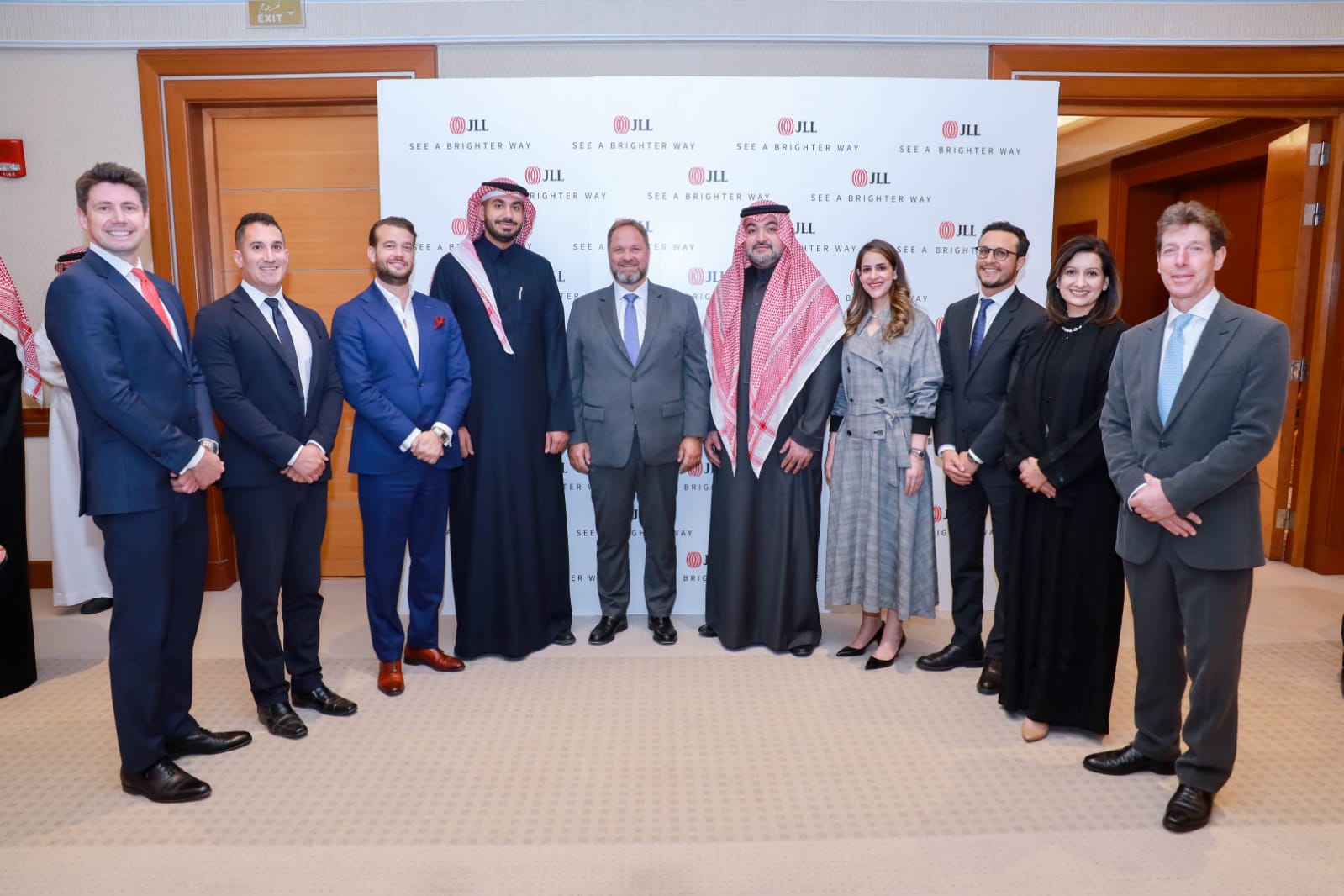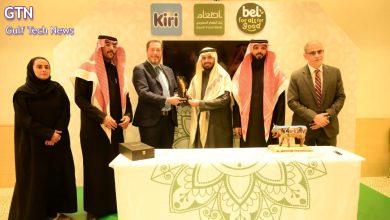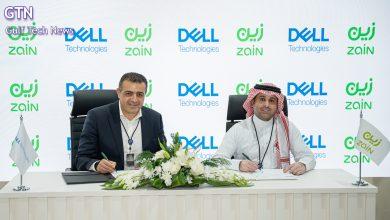The future supply pipeline for the Kingdom’s office sector remains relatively healthy in 2023 amid demand for hybrid work models and co-working spaces: JLL

Hybrid work models, sustainability and technology among key trends influencing Saudi commercial real estate; demand for co-working and serviced offices growing
Riyad –Gulf Tech

With Saudi Arabia cementing its position as an attractive hub for multinational corporations (MNCs) and start-ups, the future supply pipeline for 2023 is expected to be relatively healthy if built as planned, with 629,000 square meters of floor space set for completion in the capital and 78,000 square meters in Jeddah.
Demand for co-working and serviced offices is also growing in the Kingdom, driven largely by start-ups and small companies. Historically, the segment has accounted for a relatively small proportion of overall office stock, but its share is increasing as international operators expand their footprint in the Kingdom.
Furthermore, as the hybrid work model becomes the norm in the world of work, offices have taken on a new purpose, driving companies across the Kingdom to rethink their portfolio strategies, according to JLL at its ‘Future of Work’ event that took place in Riyadh.
Speaking at the event, Saud Alsulaimani, Country Head, KSA at JLL, said: “The Kingdom of Saudi Arabia is transforming at a rapid pace with the real estate sector playing a key role in driving Vision 2030. In the last decade, we have seen a significant shift in the demand in the Kingdom, where traditional developments are losing their appeal, and people now want smarter, more sustainable, and greener workplaces.
Trends such as the widespread adoption of dynamic and flexible working, the growth of workplace technologies to support corporate real estate functions in managing these new workstyles, and increased investment to bolster environmental sustainability goals identified in our ‘Future of Work’ report have accelerated quickly over the last two years. Today, Corporate Real Estate is at a critical decision point, where strategies implemented now and over the next few years will determine the path to long-term success.”
With the future of work embedded in hybrid models, sustainability outcomes, and technology enforcement, offices are finding a new purpose, further necessitating a long-term transformation of the real estate portfolio of companies to succeed in a post-pandemic world. According to JLL’s Future of Work Survey, 77% of Commercial Real Estate leaders agree that investing in quality office spaces will be a greater priority than expanding the total footprint of their developments.
Focused investments in ESG (environmental, social, and governance) solutions are gaining importance, owing to the urgent call for climate action by employees, communities, and governments. Nearly 8 out of 10 companies globally say their employees expect their workplace to have a positive impact on society. When it comes to Saudi Arabia, on the heels of the government’s increased focus on sustainable development, companies within the country are steadily building a greener portfolio.
In recent years, the King Abdullah Financial District in Riyadh has emerged as a leading hub for the office sector in the region. The district is home to numerous multinational corporations and institutions that are at the forefront of developing sustainable office spaces. These offices are designed to provide an environment that promotes the well-being of employees, while also reducing energy consumption and carbon footprint.
Other speakers at the event including Ben Johnston, Director, Offices and Business Space Leasing, Wissam Ghoussaini, Director, Offices and Business space; Alida Saleh, Head of Sustainability Consulting, MEA; Lee Daniels, Global Consulting Practice Leader (People Experience); Hamzeh Magableh, People Experience Co-Lead, MEAT, also assessed the trends in sustainability certification attracting occupiers to spaces, , as well as the impact and importance of the People Experience in real estate, organizations, and workplaces.





